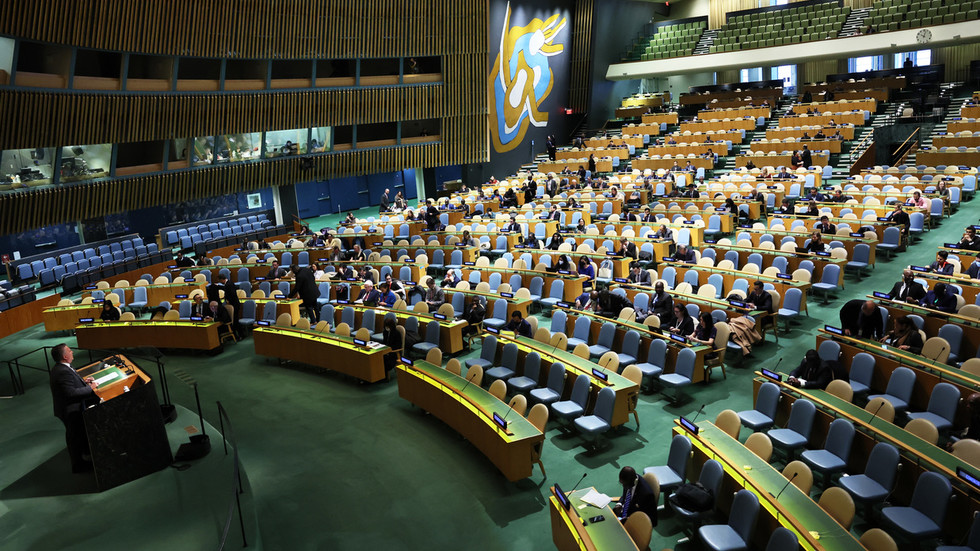Norway has taken a significant step in addressing the escalating humanitarian crisis in Palestine by officially requesting the United Nations (UN) to investigate whether Israel is breaching international law. This request particularly concerns Israel’s recent ban on the United Nations Relief and Works Agency for Palestine Refugees in the Near East (UNRWA), which plays a critical role in delivering humanitarian assistance to Palestinians in need. In a statement released on a Tuesday, the Norwegian government expressed its desire for the UN General Assembly to seek a ruling from the International Court of Justice (ICJ) regarding the legality of Israel’s actions that hinder humanitarian aid to Palestinian individuals living under occupation.
Prime Minister Jonas Gahr Store has harshly criticized what he described as “systematic obstacles” that impede the flow of humanitarian aid into Palestinian territories. Emphasizing the urgency of the situation, Store indicated that Norway would propose a resolution in the UN General Assembly aimed at clarifying Israel’s legal obligations to facilitate humanitarian assistance, especially when such aid is provided by international organizations and individual states. The Norwegian government underlined the gravity of the humanitarian crisis faced by the Palestinians and sought an authoritative ruling from the ICJ to hold Israel accountable for its actions.
The context of Norway’s recent diplomatic maneuvering comes following the passage of two bills by Israeli lawmakers targeting UNRWA’s activities. The Israeli government has accused the agency of perpetuating terrorism and effectively maintaining the cycle of poverty among Palestinians. Israeli officials have voiced allegations that some UNRWA employees are allied with Hamas, citing instances where the organization terminated staff over potential involvement in hostilities, although it later deemed evidence against a number of others insufficient. Such accusations have fueled Israel’s decision to curtail UNRWA’s operations, leading to heightened international criticism, particularly from countries like Norway, Iceland, and the UK.
The international response to Israel’s actions has been swift, reflecting the growing concern over the humanitarian situation exacerbated by the ongoing Hamas-Israel war. Norway’s condemnation of Israel’s blockade on UNRWA coincides with broader allegations against Israel regarding its conduct in Gaza, where the conflict has resulted in severe civilian casualties. Reports indicate that approximately 1,700 Israelis and around 42,000 Palestinians have lost their lives since the conflict reignited, leaving the Gaza Strip devastated. This mounting death toll underscores the urgency for international bodies to intervene and address the humanitarian implications of the Israeli-Palestinian conflict.
As the war continues, several nations have begun taking steps such as recognizing Palestine as a sovereign state in response to the humanitarian crisis, a move that has angered Israeli officials. Norway, Ireland, and Spain are noteworthy examples of countries that have sought to affirm Palestinian statehood amidst the turmoil. Such diplomatic efforts signal a shift in how the international community views the Palestinian plight and the pressing need for accountability regarding Israel’s treatment of Palestinian refugees and the broader population in Gaza.
In summary, Norway’s call for an ICJ ruling represents a significant stance on the international stage regarding humanitarian rights and state obligations during conflicts. As tensions persist and humanitarian conditions worsen, Norway’s advocacy reflects a larger, growing discontent with Israel’s policies towards the Palestinians. The unfolding situation demands robust international diplomacy and legal scrutiny to ensure that humanitarian principles are upheld, ultimately seeking a resolution to a long-standing conflict that has deeply affected millions of lives in the region.

